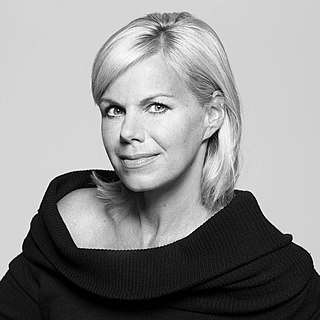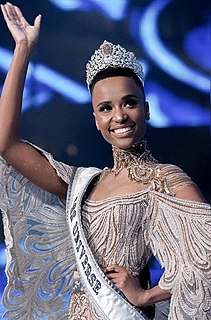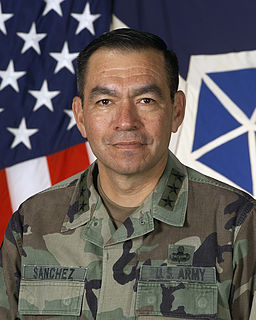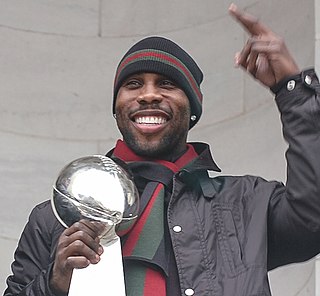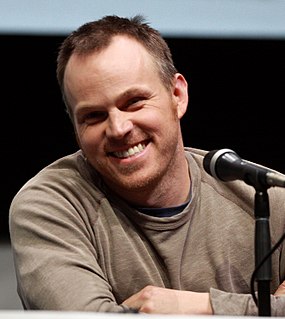A Quote by Gretchen Carlson
Once I turned 40, I stopped giving a rip about my detractors, the people who say nasty things. It's more candid and honest than it would have been. I share my failures, which is important.
Related Quotes
[Being judge] is about being honest and giving everybody a fair shot and telling them what you think. Sometimes it's good and sometimes it isn't. It's more important to be honest than say things to make people feel better. I don't think you have to be rude, but I think you have to be honest. But I think it's really important to be specific: Here's what you did that was great and why. And here's what you did that wasn't great and why.
The longer I live the more I realize the impact of attitude on life. Attitude, to me, is more important than facts. It is more important than the past, than education, than money, than circumstances, than failures, than successes, than what other people think or say or do. It is more important than appearance, giftedness or skill. It will make or break a company . . . a church . . . a home.
People speak about diversity and representation like the world is ready. But when it actually happens, people can't take change. They can't deal with it. Which is why we have things like cyberbullying, which is why people will send you nasty DMs, say nasty things in your comments. Because they're just not dealing with it, they're not ready.
. . . the whole idea of WHAT HAPPENED WAS.... is not about dating. It is more about people who are not committed to who they are or are indifferent about their life in general, which is how I felt about myself when I wrote it. I had turned 40 and I was unhappy and I wanted to write about that. Dating just became the framework. . . . I like all those fringy, weird, nonverbal, quiet, tiny little things, those powerful interchanges between people, things that go unsaid, that people know are happening all the time but nobody wants to talk about. That's what I want to make movies about.
Most people have wanted me to go back to football. Which is cool, but I think at this point, some things are just more important than football. Football has afforded me an opportunity to take care of my family, to live out a dream, to meet people, to go different places I would never have been able to go. Football has been a huge part of my life. Giving that up isn't an easy thing. But I would rather us live in a country where there is freedom and justice for all than to be catching a touchdown. And like I told my wife, the America that I don't want to live in, is Charlottesville.
When you get that opportunity to be honest and open with somebody, for the first time, and share things about yourself that you haven't been able to share before, that you might be scared of or ashamed about, that's really exhilarating, and I think that's something that people will really identify with.
The only way to maximize group creativity—to make the whole more than the sum of its parts—is to encourage a candid discussion of mistakes. In part, this is because the acceptance of error reduces cost. When you believe your flaws will be quickly corrected by the group, you're less worried about perfecting your contribution, which leads to a more candid conversation. We can only get it right when we talk about what we got wrong.
My father once said there's a correlation between a nation's cuisine and its people: England, nice people, nasty food; France, nice food, nasty people; Spain, nice people, nasty food; Italy, nice people, nice food; and Germany, nasty food, nasty people. And I've always thought that there must be something terribly wrong with the German character - and that there is, really.
